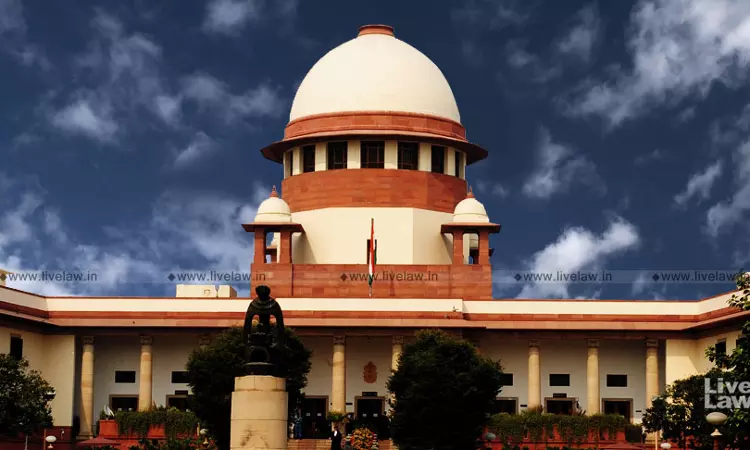The Supreme Court, while affirming impugned judgment of the High Court, observed that "mere living in a particular house by itself would not mean that the said house is under ownership of the person living therein in his individual capacity or even that it is within the area of operation of the society". A Division Bench, comprising Justices Abhay S. Oka and Pankaj Mithal, was hearing the...

